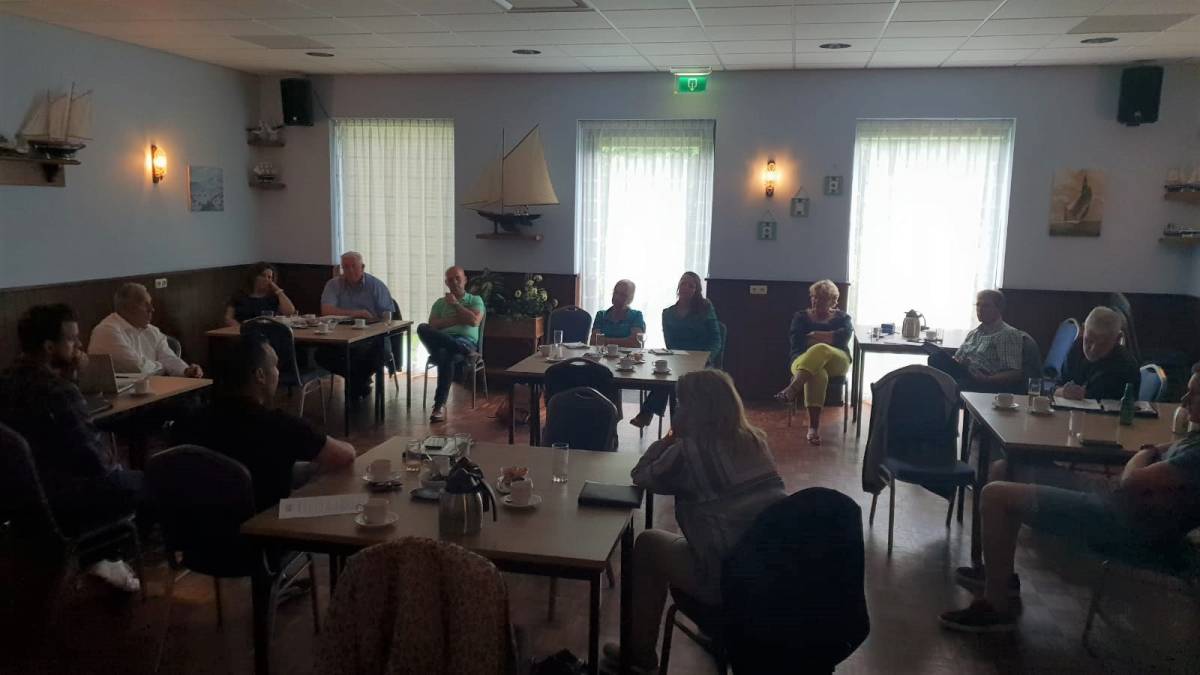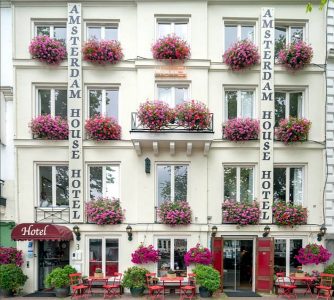Today EonA gave a presentation at the members’ meeting of the Dutch Association of Poultry Catching Service Companies (NVPSB) about the upright catching of chickens. The reason for the invitation was a lawsuit filed by Wakker Dier, in which the judge ruled that catching chickens by the legs is against the law. This means that the sector will have to switch to a method where birds remain upright. They wanted to hear about what Eyes on Animals does and how we can help.
Eyes on Animals successfully put the upright method of catching birds into practice back in 2017 in the Netherlands, and has been working on this ever since. We started a training program for chicken-catchers and trained 6 catching companies. We also politely pressured egg companies to make the switch, starting with the egg companies that have higher welfare standards. Today we shared our experiences around the upright catching method, such as the animal welfare benefits, the costs and technical execution. The members were interested and we had a constructive discussion, with attention given to everyone’s point of view.
The NVPSB acknowledges that catching chickens can and should be better, but it needs time to switch to a method where chickens remain upright. More catching-machines will be purchased for the broilers, but these are costly and can only visit a limited number of addresses per day. EonA has indicated that chicken- catching machines can potentially be animal-friendly, but that they must have a speed limiter and mandatory training for the operators. As well, they cannot be used for laying hens, which are kept in aviaries with a lot of vertical installations.
In the future, EonA will be more often involved with challenges of the sector, so that solutions can be sought together. We’ll join catching crews when broilers are being caught to check together whether containers and sheds can be designed in a better way for catching them. We would like to thank the NVPSB for the invitation and for sharing their knowledge and experiences. We look forward to a positive cooperation and are happy with this first step.


